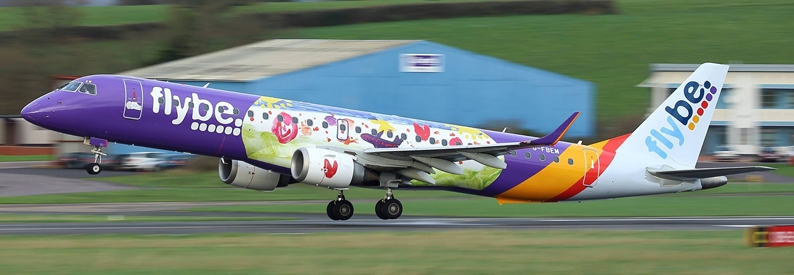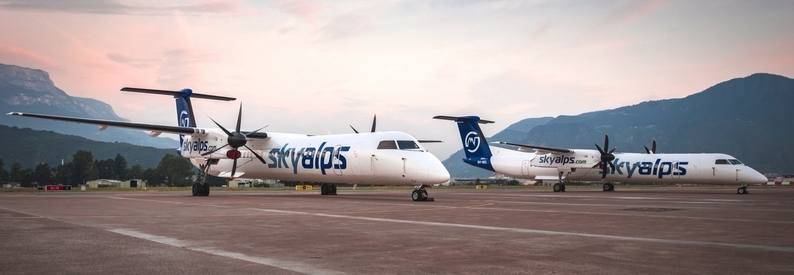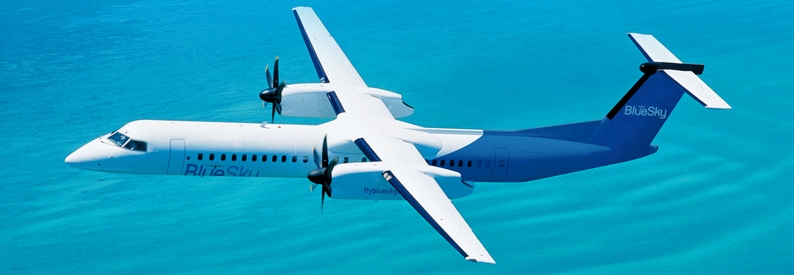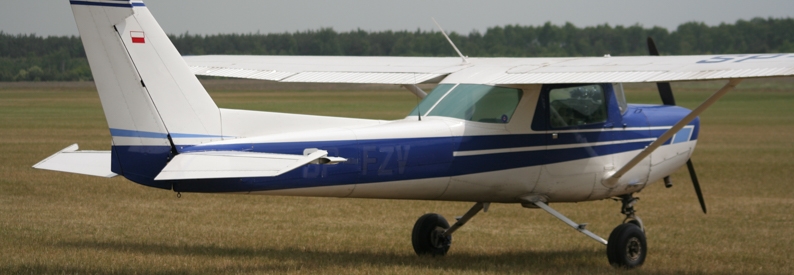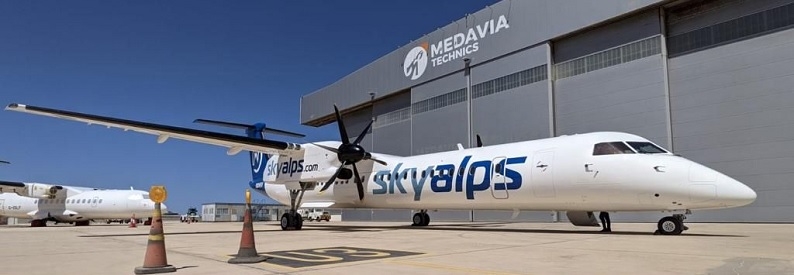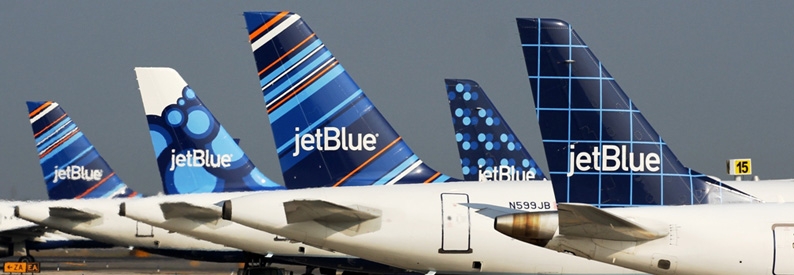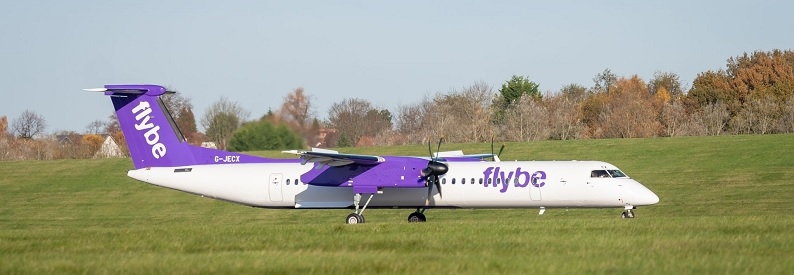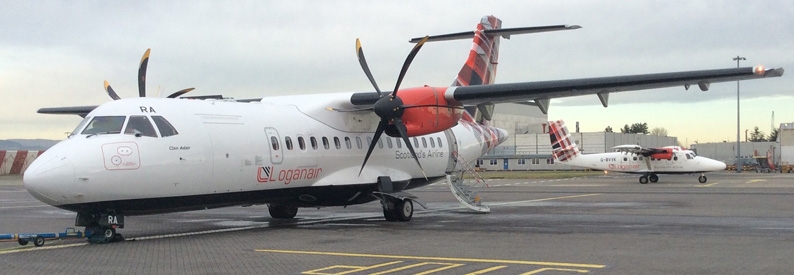The total deficiency of defunct flybe. (Birmingham, GB) is estimated to top GBP82.6 million pounds (USD107.1 million), with GBP6.5 million (USD8 million) in cash left in the bank and GBP62,000 (USD76,000) recovered through the return of deposits from suppliers.
This is according to the March 22 report to creditors by the joint administrators David Pike and Mike Pink, in which they declare the company, in administration since January 28, 2023, to be unrescuable.
The report provides a detailed breakdown of the downfall of the regional airline, which had only restarted on March 2022 after it acquired the name, business and certain assets of its predecessor, flybe. (2002), which had entered administration on March 5, 2020.
In April 2021, flybe. received initial funding in the form of a GBP20 million (USD25 million) term loan from its largest shareholder, DLP Holdings, that was fully drawn; GBP20 million of equity capital from its shareholders; and a GBP5 million (USD6 million) revolving credit facility (RCF) from DLP Holdings, which was increased to GBP33 million (USD41 million) in August 2022, of which GBP29 million (UDSD36 million) had been drawn when it entered administration. Another GBP20 million of equity was also advanced by Thyme Parentco Limited.
Anxious to return the airline to full capacity across the UK and partner with operators with access to Europe and the US, it nevertheless took 11 months to commence trading whilst flybe. obtained its operating permits from the UK Civil Aviation Authority. Aircraft procurement was not straightforward either, and COVID-19 restrictions complicated the environment. Continued delays in the delivery of 17 aircraft leased from NAC Aviation 4 Ltd. or Aergo Capital impacted its ability to scale up capacity and left it operating at much lower levels than forecast. Average losses were between GBP4 million (USD4.9 million) to GBP5 million (USD6.1 million) per month, the now liquidators said.
At administration, nine aircraft had been delivered (eight were operating, and one was undergoing preparation work). "Given the delay in receiving leased aircraft, the company was unable to provide the seat capacity or service the number of routes it had anticipated, which caused significant reputational and financial impact on the business," the report continued.
The airline worked with DLP Holdings to identify possible strategic partners or sell its share capital but ultimately entered administration in late January 2023. Most pilots and crews were made redundant. Initially, the liquidators said, there had been several interested buyers, but none came through in the end, resulting in a managed winding-down of the company. Most of the leases were terminated, and the aircraft were repossessed by the lessors.
The liquidators said the value of flybe.'s highly-prized slots at London Heathrow and Amsterdam Schiphol could not be realised. "They were not flybe's to sell or transfer – they were held under an agreement with British Airways (BA, London Heathrow) through a European Commission-decreed arrangement. Those slots reverted to BA once they were in jeopardy of the use-it-or-lose-it rule in the absence of a buyer for the company emerging. Similarly, Amsterdam slots are subject to the rules of Airport Coordination Netherlands, which were unwilling to agree on a transfer absent the sale of the company and its operating licence or a similar substantial transfer of the flybe business. No offers were received for the airline's slots, and they were returned to the pool by the relevant slot coordinators," they said.
On the pay-out of creditors, the liquidators said DLP Holdings would not be repaid in full, but ordinary and secondary preferential creditors would be fully refunded. Unsecured creditors should receive a small dividend, they said.
